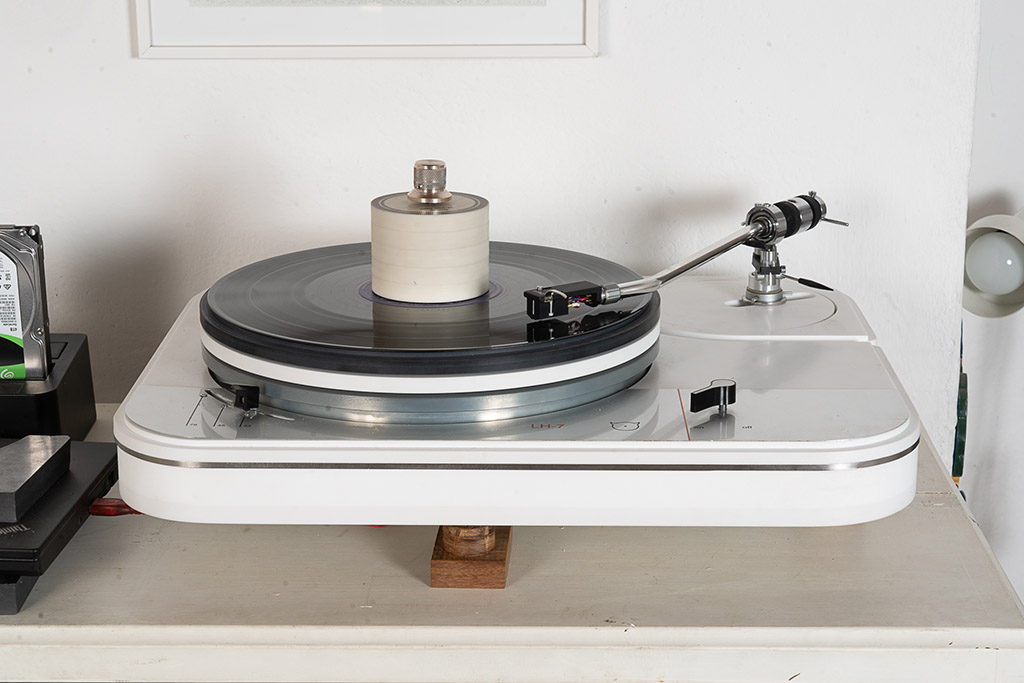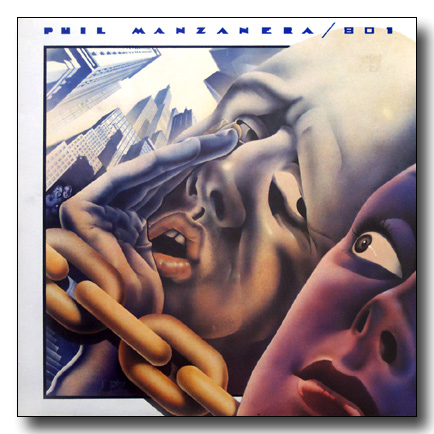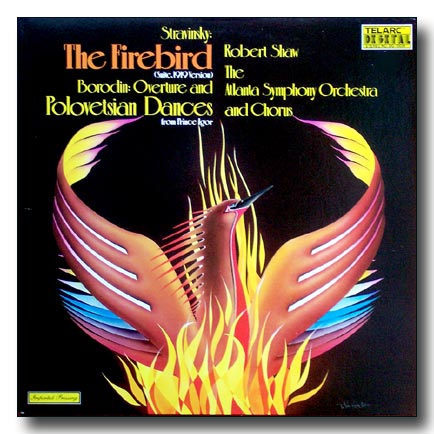On the modern trend of remixing of Beach Boys' PET SOUNDS, BEATLES, LENNON, DOORS, JETHRO TULL, etc.
Someone asked me if I liked new remixes of old rock, pop, jazz, etc. I told them that I did NOT. They were quite surprised and asked "why? You did a bunch yourself, didn't you?"
Yes, I did and now regret it.
So I wrote this, reprinted here:
"Artists seldom own their own work. Hundreds of years ago, the patrons paid for it, and owned it, unless an artist like Vincent was such a failure that it collected in their workshop. Once a piece of art was purchased, it was no longer the property of the originator, correct?
In the music world, record companies always owned the music, this "reverting back to the artist" contract clause is a recent thing (I mean, like 1960s recent). Before that, only the record company could do anything with the recordings, and they seldom did. They moved on to new releases, the old stuff died or was remembered as an "oldie."
It was only with our weird era that anything like going back to an album and messing with it was even thought of. Guys like me are the most guilty of this. Even the best of us remix weirdos of that era, Bill Inglot, always used an original mix if he could.
In the 1980s the back catalog of a major label was rediscovered as a way to make money for record companies that had current product that was bombing so they started "looking back" which was really unnatural for a record company to do.
I've remixed so many hit records and have CRINGED so many times in after years when I hear these mixes on the radio and on compilations all over the world that I'm sorry I ever did it. They sound like what they are: Remixes, lovingly done, respectful but containing none of the energy, stress and immediacy of the originals.
In the 1980s I was working on reissuing the third Mamas & Papas album "Deliver" and having a long distance admiration affair with Diana Reid Haig, my counterpart in Nashville. I was playing the music for her and told her in my opinion that it was about the worst stereo mix I had ever heard, ever! She agreed it was terrible. I said "What I wouldn't give to be able to remix this album so it sounded good but the multi-track tapes were destroyed by ABC so they could make room for Pat Boone tapes so it can't be done."
She said a surprising thing to me. She said, "Good, I'm glad you can't do it."
Why, I said?
She stated:
"Because the original mix is the original mix, the published version, that's the only version that is legitimate. The only version that counts."
I said the mix was terrible! She said "That's the breaks! Anything else is just not right."
I scratched my head at this but I never forgot it. She told me that "my remixes, although sounding in better in fidelity, were not real. Not authentic, not anything but an exercise in playing God. She said that if something out of the past sounds less than wonderful, then it sounds less than wonderful. Still, the energy of the music comes through, and the vibe of the era comes through and the whirlwind of creation and authentic feel of the era comes through as well. She said to change that is basically to laugh in the face of all the people who worked on the music to begin with, and that includes the songwriters, musicians, producers, engineers and everyone else. You can't wipe that all away for the sake of a change for the better in fidelity or to reveal a hidden lute or to make the Celeste louder. It's not legitimate.
Brian Wilson and Van Dyke Parks
Now, I didn't agree with her at the time, but her words totally stuck with me, even all these years later (obviously), and I began to change my tune (pun intended.)
Some engineers can claim "I can match the exact mix but with better fidelity or something."
They can't. I can't. I've tried for 30 years and it's not possible. It comes out as a new creation, enjoyable, but it's no longer the original album anymore and anyone who says it is, has never tried doing it.
At no time in history has an "artist" looked back. The "Blue Period" was in the past and it was time to move on. Pablo didn't go back 20 years later and say "I like Red now so I'll change blue to red."
That's just silly. No artist would have ever stopped to fix an old painting, they would just create a new one. It's only when the artist or musician is old and broke that the idea would even present itself that, "Hey, people seem to love my first album even though I haven't listened to it in 30 years and I don't look back, only forward, maybe I can make some dough with it."
Musicians and artists don't LOOK back, they don't revisit old works, they create new ones. Unless that creative spark is gone and it's either making something "NEWLY REMIXED!" or selling real estate.
Brian Wilson once told me in the 1990s (during a memorable lunch at Jerry's Deli) that his 1966 mono PET SOUNDS was perfect the way it was, and starting in the late 1970s he dared to listen to it again for the first time since his "retirement." He said he still loved it, and since the fire of creation was no longer on him about it, he could listen with an open mind and he still wouldn't change a thing.
He told me all of that and then five years later, it's being remixed in stereo and Brian's all for it!
C'mon, really? Let's not be so innocent here, folks. You're smarter than that."
Anyone agree? I doubt it but thanks for reading!



























.jpg)




















.jpg)






































